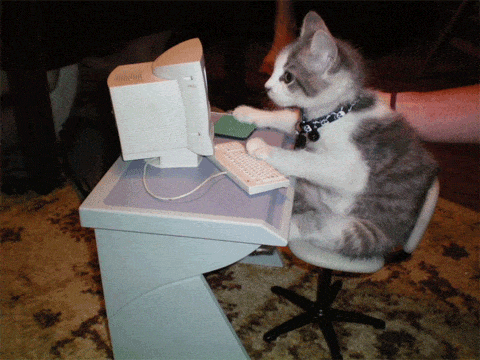Occasionally I like to stop and think about how I am saying common phrases and expressions. Small shifts can make a big difference in the meaning we convey – and that shift can become a matter of marketing when it changes how you are perceived.
We tend to speak thoughtlessly, failing to evaluate how we say things. I am not talking about completely missing the point as much as sharpening the construction of our words to say what we honestly mean. Not all words mean the same thing, even when they are very similar. As Donald Hall says in ‘Writing Well,’ “when you see words from the inside out, you learn the absence of pure synonyms. Sofa is no loner interchangeable with couch.” The connotations and context of our words matter.
He goes on to colorfully highlight the differences between emulate, imitate, and ape. All ostensibly mean “to copy,” but they don’t mean only that exactly – “‘To emulate‘ sounds fancy; also, it usually implies the imitation involves self-improvement. ‘To imitate‘ is neutral, except that everyone knows that an imitation is not the real thing; inferiority shadows the word. ‘To ape‘ is to mimic, and to be comical or mocking about it.”
Words aren’t exactly interchangeable, and how you organize them adds to subtle (or vast) differences in meaning and feeling.
Examples
Here are some examples from my personal and professional life that are important to me; I am not prescribing that everyone must change their ways of saying these things.
My version: Talk with you then!
Standard version: Talk to you then!
We commonly say we will talk later and use the word “to” – talk to you then or talk to you tomorrow. It is a slight shift, but I prefer to use the word “with.” One implies that I will be orating to you vs. having a conversation – and what I want to convey is that it is an exchange. Now, I don’t always remember this shift, but I try to edit how I say this when possible.
Sign Up to Get Our Latest Posts Tuesdays and Thursdays
No Spam, Period. Just the latest posts.
My version: Would you like a glass of water?
Standard version: Do you want a glass of water?
For me, this one comes down to both meaning and the elegance of how it sounds. There is something innately gruff to the phrasing “do you want.” When we ask this, we are offering something, not trying to determine the person’s desire alone. As some have noted, “want” indicates a bald desire, and “like” shows enjoyment and fulfillment. “Do you want,” could easily be answered with, “great, go get it yourself.” “Would you like,” comes with the expectation that the person asking can satisfy the question.
Both are small shifts, and no one in our society will judge you for using the more common version, but you can shape how you are perceived and say what you genuinely mean with slight shifts in language.
Maybe you need to create phrases for your employees that redefine how your business interacts with customers. Chickfila and the Ritz-Carlton come to mind, who say “my pleasure” instead of “you’re welcome.” Either way, opening your mind up to making tiny shifts in your language choices will uncover chances to change how you say even mundane things.
How can you make small shifts in your word choices that make a big difference?
Takeaways:
Your words matter. Are you saying what you want to say? If not, what small changes can you make to clarify your communication?


